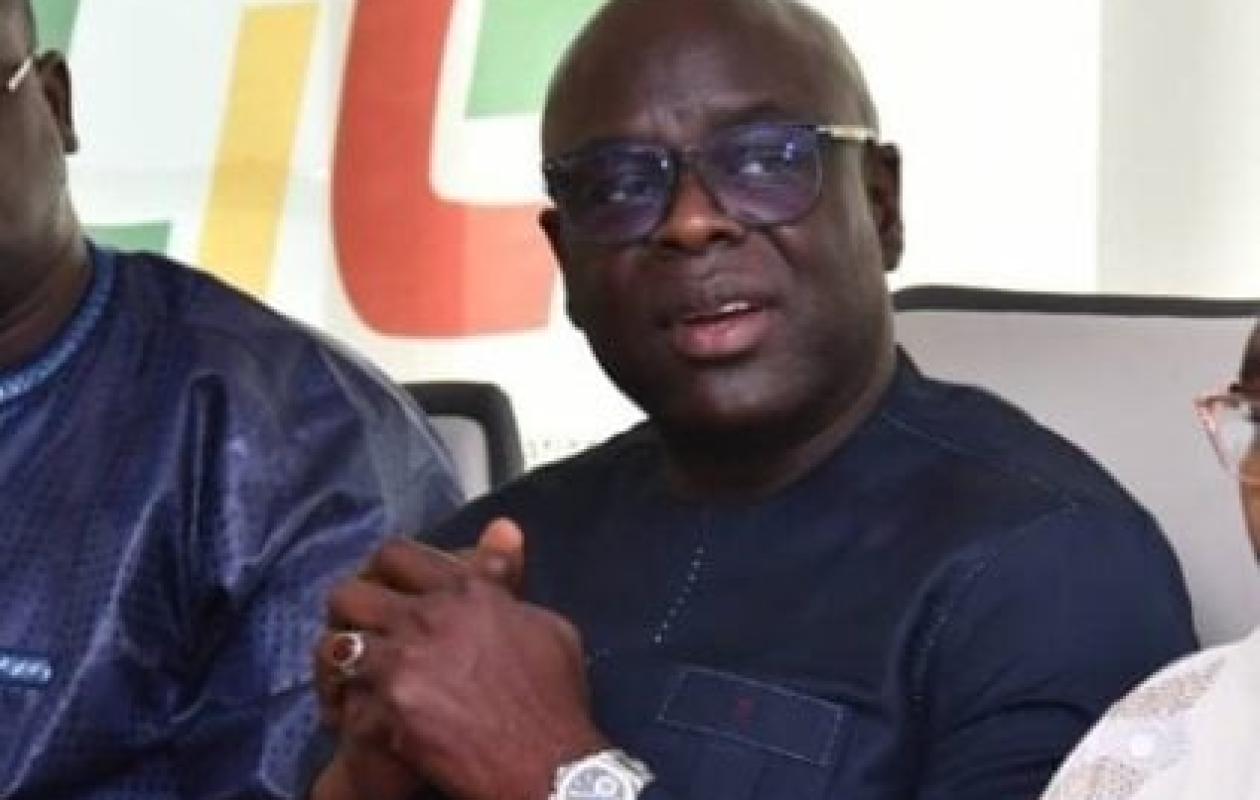
Pouvoir, légitimité et loyauté : le moment de vérité (Par Abdoulaye Dieng – Entrepreneur)
A long-awaited government reshuffle has just taken place, eighteen months after the Diomaye-Sonko duo came to power. It comes at a pivotal moment: implementing an ambitious national recovery plan requires a strong, united team fully aligned around the Prime Minister. It also comes after a period of palpable tensions surrounding the two men's styles of governance. One embodies the state's reserve, the other, the urgency of change. Two different positions, but the same objective.
The two men come from the same party, PASTEF, and together they built a hope carried by millions of Senegalese. The founding pact, born from the slogan "Sonko moy Diomaye, Diomaye moy Sonko," has come up against institutional constraints, but it remains alive in the collective imagination. The Republic has its rules, but popular sovereignty is superior. This government reorganization therefore appears to be a welcome breath of fresh air. It demonstrates a surge of lucidity and a welcome refocusing on the essential: the project for which they were elected. It is to be welcomed.
Some voices in the press, however, interpreted this rebalancing as a defeat for President Bassirou Diomaye Faye or a form of abdication. This reading is both reductive and unfair. In truth, President Diomaye has only complied with the will of the people.
One only has to look back at recent history to understand the conditions under which President Diomaye came to power. Barred from running, Ousmane Sonko demonstrated remarkable political intelligence by proposing a credible alternative, faithful to their shared vision. He carried Diomaye forward, mobilized the grassroots, and embodied hope. The people followed him. They voted for a duo, for a clear direction, for governance based on complementarity. The Senegalese people voted for Diomaye so that Sonko would govern. And in this dynamic, the true custodian of the project remains Sonko. The moral responsibility for its success—or failure—rests with him.
Senegal is a republic with a strong presidential system. The president holds significant powers: he appoints and dismisses the prime minister, is supreme commander of the armed forces, head of the supreme judiciary, and guardian of the Constitution. But these prerogatives, however high, are not enough to guarantee effective governance. Popular support is also required. And this trust remains largely in Ousmane Sonko today. This is a reality that is difficult to dispute.
The president's measured stance, which some explain as a respect for republican customs, has sometimes given the impression of a retreat in the face of emergencies. Justice, economic sovereignty, social transformation: expectations are high. And the head of state's silence, at certain decisive moments, may have appeared as a hindrance. What some circles within the system present as a balance is in reality a trap. For it risks isolating the president, slowing the momentum of change, and fueling the frustration of an impatient people.
Added to all this is the obvious fact: in all major democracies, it is the leader of the majority party who governs. Ousmane Sonko, president of PASTEF, is the strategic driving force behind the presidential project. Preventing him from governing fully would amount to betraying the popular momentum that brought this duo to power.
Unfortunately, our elites too often tend to refer to foreign political models, particularly Western Machiavellianism, which celebrates cunning, solitary conquest, and calculated betrayal. This model is not ours. It clashes with our cultural foundations. Our African heritage is based on virtues such as loyalty, gratitude, respect, sharing, and faithfulness to one's word. Governing is not a solitary act, but a collective endeavor rooted in ethics and history.
President Diomaye Faye, by strengthening his Prime Minister's scope for action, has not lost power. On the contrary, he has gained in stature. He has chosen political intelligence, fidelity to the project, loyalty to the people. He has given nothing away: he has consolidated. He has not abdicated: he has assumed responsibility. And that is precisely what history will remember.
Commentaires (1)
Tout est bon pour être dans les grâces du pouvoir du moment.
Traiter les occidentaux de traîtres, de déloyaux, ... il faut vraiment être ignorant et en manque de culture générale pour oser le penser.
Participer à la Discussion
Règles de la communauté :
💡 Astuce : Utilisez des emojis depuis votre téléphone ou le module emoji ci-dessous. Cliquez sur GIF pour ajouter un GIF animé. Collez un lien X/Twitter ou TikTok pour l'afficher automatiquement.